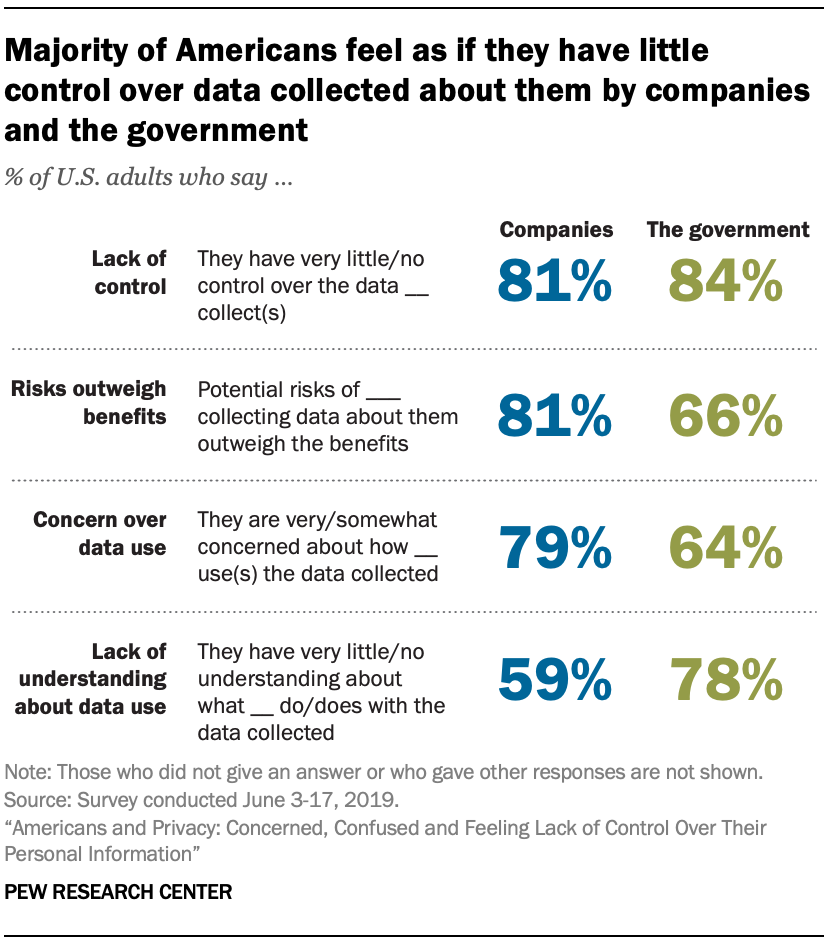Last week Google announced, to the chagrin of many a Chrome user and top browser competitors, that it will delay its plan to block third-party cookies until 2023. (The phaseout had originally been planned for 2022, but who’s counting.) As most digital marketers are well aware, cookies track a person’s internet activity and create a unique user profile, enabling über-targeted advertising. This tracking technology has only heightened valid concerns of consumer security and privacy.
Cookies have already been effectively blocked by Apple (Safari), Microsoft (Internet Explorer or Edge) and Mozilla (Firefox). Apple makes the case for privacy and transparency in its apps in the video below.
For its part, Google, the most used desktop browser, says it will replace existing third-party data (purchased from outside sources) with its updated Privacy Sandbox, or “protected environment,” to implement tighter privacy practices. The proposals include restricting tracking and preventing fingerprinting, and showing only relevant content and ads.
Known as the Federated Learning of Cohorts (FLoC), one of the privacy initiatives being developed involves hiding individual users with shared interests within larger groups, which can still lend itself to targeted ads. Think of the new proposals as semi-private, semi-targeted and a semi-solution, at best. And very semi-delayed.
So what’s the consensus? In certain circles, Google’s deferral is being referred to as the “cookiepocalypse.”
Saving Private Data
The year postponement of a cookie-less internet carries a sizable price tag: user privacy and access to their personal information. According to an extensive study on privacy concerns conducted by the Pew Research Center, a vast majority of Americans believe their online and offline activities are being tracked and monitored by both businesses and the government. And six in 10 adults feel like their personal data is being collected throughout their daily lives.
Technically, that’s true. Consumer data has historically been shared and used without the user’s permission but with the sheer amount of data being circulated, issues of privacy have become top of mind. However, General Data Protection Regulation (GDPR) and other data privacy laws have provided users with a choice to opt-in (or not) to cookies.

Despite conventional wisdom, there is a case for collecting less data on your customers. For one, you’re most likely collecting way more data than you need (55% is likely “dark data”). Second, the more data you collect and store, the higher the risk. Third, your audience is looking for more data transparency. And finally, collecting less data and being vocal about it helps differentiate your brand from your competitors, thereby opening the door for a more authentic and consumer-centric experience.
But how do you create that coveted personalized (and sometimes predictive) buyer journey without the necessary data? How do you serve up customized recommendations without gathering information about user characteristics? In other words, how can brands cultivate a relationship with their targeted audience that feels genuine yet unintrusive?
In Brands We Trust?
Digital marketers must strike the right balance between personalization and privacy concerns, a delicate matter to be sure. However, you can get to know your customers through your site analytics. Researching demographics—age, income, interests, race, gender (while being inclusive), education—can be a valuable tool.
For example, some consumers, especially Gen Z, will share their personal data in exchange for a more customized experience. They also favor brands they see as transparent and trustworthy. In contrast, close to half of Baby Boomers report being very concerned over privacy issues.
In the end, for people to feel truly comfortable sharing their personal data, they need to trust your brand. One way to gain their trust is to make their data privacy your first priority and be forthcoming with how it is used. Even if Google won’t.
If your site is run on WordPress, there are a number of steps you can take to increase your user’s data and privacy.
Related Articles
- 3 Questions About Big Data and Ethics in the Information Age
- The Business Case for Collecting Less Data
- The Increasing Role of AI in Digital Marketing
- Privacy Laws Explode: Preparing for CCPA and Its Analogues
Feature image by Simon from Pixabay

0 Comments